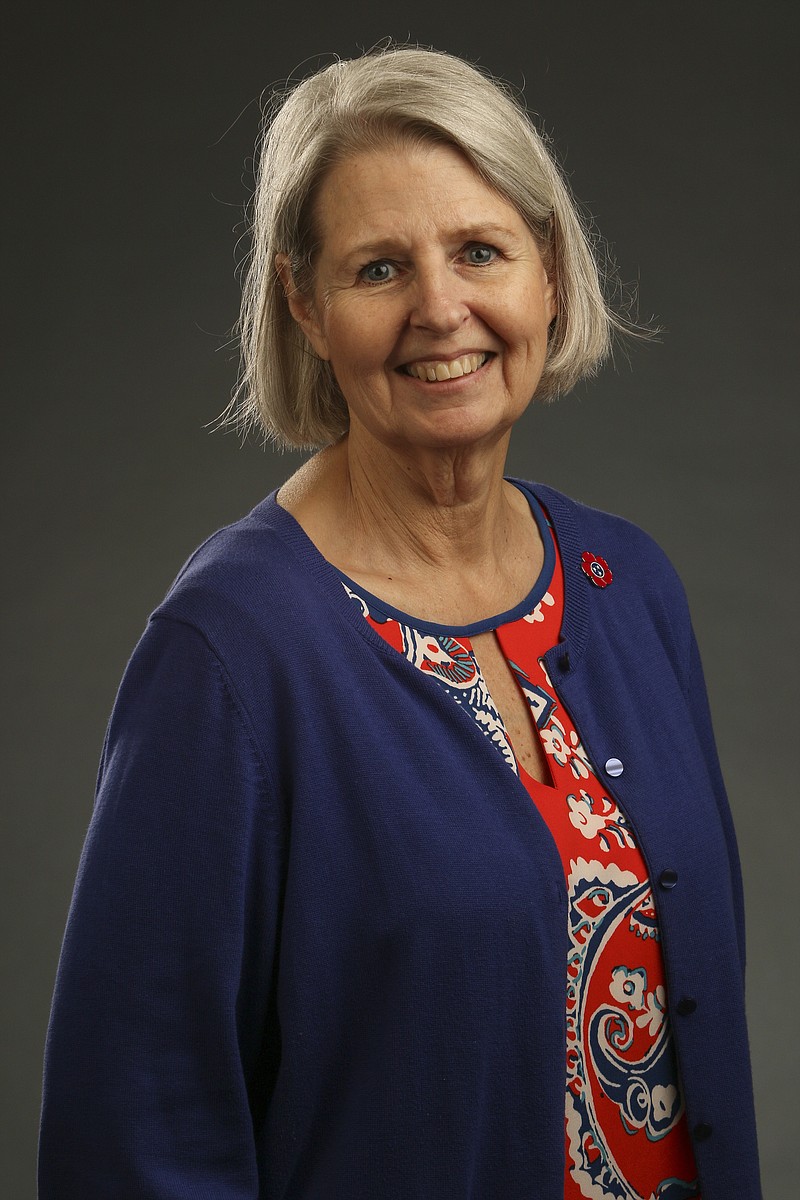Tennesseans love the story of Harry T. Burns and the famous line in his mother's telegram noting, "Dear Son, Hurray and vote for Suffrage and don't keep them in doubt."
When the Tennessee General Assembly found itself split on the issue of women's suffrage, it was McMinn County's Rep. Burns who courageously stepped out, clutching his mother's telegram, and cast the deciding vote that made Tennessee the 'Perfect 36,' ensuring the ratification of the 19th Amendment.
We glance back to that historic moment and applaud Burns, often forgetting that he had to escape through a window and hide on the Tennessee State Capitol's roof until the uproar died and he could safely leave the building.
We remember the Tennessee Women's Suffrage Movement leaders, Abby Crawford Milton of Chattanooga, Josephine A. Pearson of Monteagle, Ann Dallas Dudley of Nashville and Sue Shelton White of Jackson plus others, who marched in unison, lobbied the legislative delegation, authored letters and newspaper articles and crisscrossed the state speaking in schools, churches, synagogues and town squares.
Often met with ridicule and taunts encouraging them to go home, care for their children and grandchildren and prepare dinner for their husbands, they continued their work to make good on a promise of freedom and equality.
And, yet, we know that the quest for political equality began long before Abby Crawford Milton's birth.
In the spring of 1776, Abigail Adams implored her husband, John, to "in the new code of laws which I suppose it will be necessary for you to make, I desire you would remember the ladies and be more generous and favorable to them than your ancestors. Do not put such unlimited power into the hands of the husbands."
During the next 150 years, women stepped forward as leaders in the abolitionist movement and advocates for their own political equality. The 19th Amendment, ratified in 1920, guaranteed voting rights, often considered the cornerstone of active citizenship, but political equality still eluded women.
Few people realize that a handful of states allowed women's suffrage before 1920 since voting requirements and elections had been constitutionally relegated to the states. Wyoming's Jeannette Rankin took her seat in Congress in 1916 and immediately went to work advocating for women's health education, against child labor and for equal job opportunities and equal pay in the defense industries holding government contracts. Her unpopular vote against war with Germany led to her defeat during the next election cycle, but, the door had been opened to women serving in Congress (in an interesting footnote to history, Jeannette Rankin would be reelected to Congress in 1940).
Over the next decades, women took their seats in Congress and proved that women could legislate, lead and serve their constituents with the same level of dedication exhibited by the best male representatives.
In 1963, the struggle for women's equality fast-forwarded with the passage of the Equal Pay Act, first introduced in 1945, and followed quickly by the 1964 Civil Rights Act. The story still circulates that, in an attempt to kill Lyndon Johnson's landmark legislation, an amendment was added to the section on employment introducing the word 'sex' to the language forbidding discrimination on the basis of race, color, creed or national origin, believing that the House would never pass the legislation.
Congresswomen Martha Griffiths, in a formal address to the House's male representatives, couched a vote against the bill as a "vote against his wife or his widow or his daughter or his sister." The Civil Rights Act passed and women began to push for adherence to the law. Again, over the next few decades, the political landscape evolved as inherent inequalities were identified and eliminated. Much work remains.
Why is this history important? Two reasons immediately to mind.
First, women now constitute more than 50 percent of the population and therefore have the power to influence legislation through voting and active participation in the civic process. With a legacy of political rights secured through a lengthy and costly process, informed participation is critical.
Secondly, while there are issues deemed to be "gender" issues, the reality is that most issues are more correctly identified as human issues: economic development, equality of educational and employment opportunities, justice, national security and countless other issues.
How can women influence political decisions? By using the same methods that have guaranteed past successes for men and women. Become informed. Engage in civic discourse. Volunteer to serve our community. Take a stand on important issues. Vote. Partner with men who share a passion for equality and justice. It is not enough for any of us to just dream about positive change. We must make true the promise of a nation 'of the people, by the people and for the people.'
Linda Moss Mines recently retired after 45 years as an educator and historian, having spent the last 25 years as chairwoman of the GPS history department. She serves as the official Chattanooga and Hamilton County Historian, TSDAR State Historian and a member of the Tennessee Historical Commission. Contact her at localhistorycounts@gmail.com.
